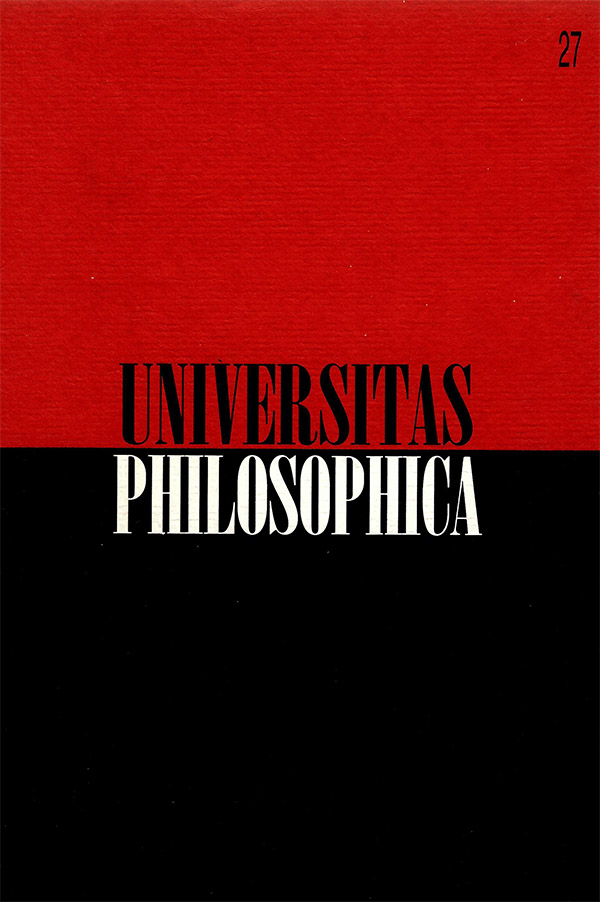Resumo
Este trabajo pretende aportar elementos filosóficos para precisar y dar contenido a dos conceptos que aparecen como alternativa a los problemas de violencia que sufre una sociedad como la colombiana: sociedad civil y ética ciudadana. La tesis central del autor es que la ética de la sociedad civil debe estar orientada por criterios de universalización, ubicándose así en una tradición que se remonta desde el idealismo alemán a la filosofía alemana contempóranea. Desde esta perspectiva, negar la universalización de la ética implica negar la ética de la sociedad civil. Para desarrollar esta tesis, el autor hace un recorrido por las teorías psicológico-evolutivas de Kohlberg y Piaget y la ética discursiva de K-0 Apel y las confronta con las propuestas por Foucault y Lyotard. Finalmente, señala la importancia de la relación que ha de existir entre la ética de la sociedad civil y la religión.
Esta revista científica se encuentra registrada bajo la licencia Creative Commons Reconocimiento 4.0 Internacional. Por lo tanto, esta obra se puede reproducir, distribuir y comunicar públicamente en formato digital, siempre que se reconozca el nombre de los autores y a la Pontificia Universidad Javeriana. Se permite citar, adaptar, transformar, autoarchivar, republicar y crear a partir del material, para cualquier finalidad (incluso comercial), siempre que se reconozca adecuadamente la autoría, se proporcione un enlace a la obra original y se indique si se han realizado cambios. La Pontificia Universidad Javeriana no retiene los derechos sobre las obras publicadas y los contenidos son responsabilidad exclusiva de los autores, quienes conservan sus derechos morales, intelectuales, de privacidad y publicidad.
El aval sobre la intervención de la obra (revisión, corrección de estilo, traducción, diagramación) y su posterior divulgación se otorga mediante una licencia de uso y no a través de una cesión de derechos, lo que representa que la revista y la Pontificia Universidad Javeriana se eximen de cualquier responsabilidad que se pueda derivar de una mala práctica ética por parte de los autores. En consecuencia de la protección brindada por la licencia de uso, la revista no se encuentra en la obligación de publicar retractaciones o modificar la información ya publicada, a no ser que la errata surja del proceso de gestión editorial. La publicación de contenidos en esta revista no representa regalías para los contribuyentes.


